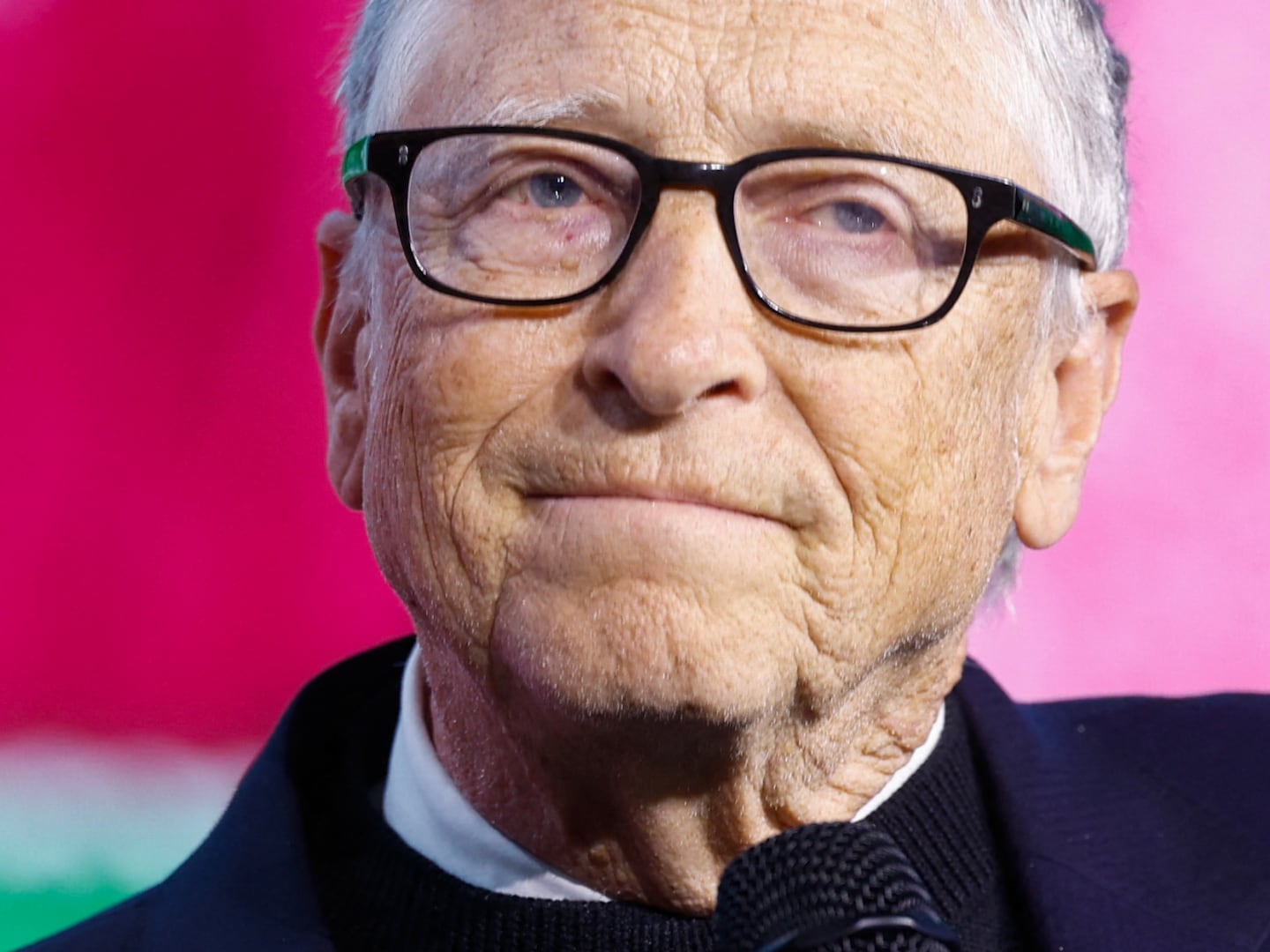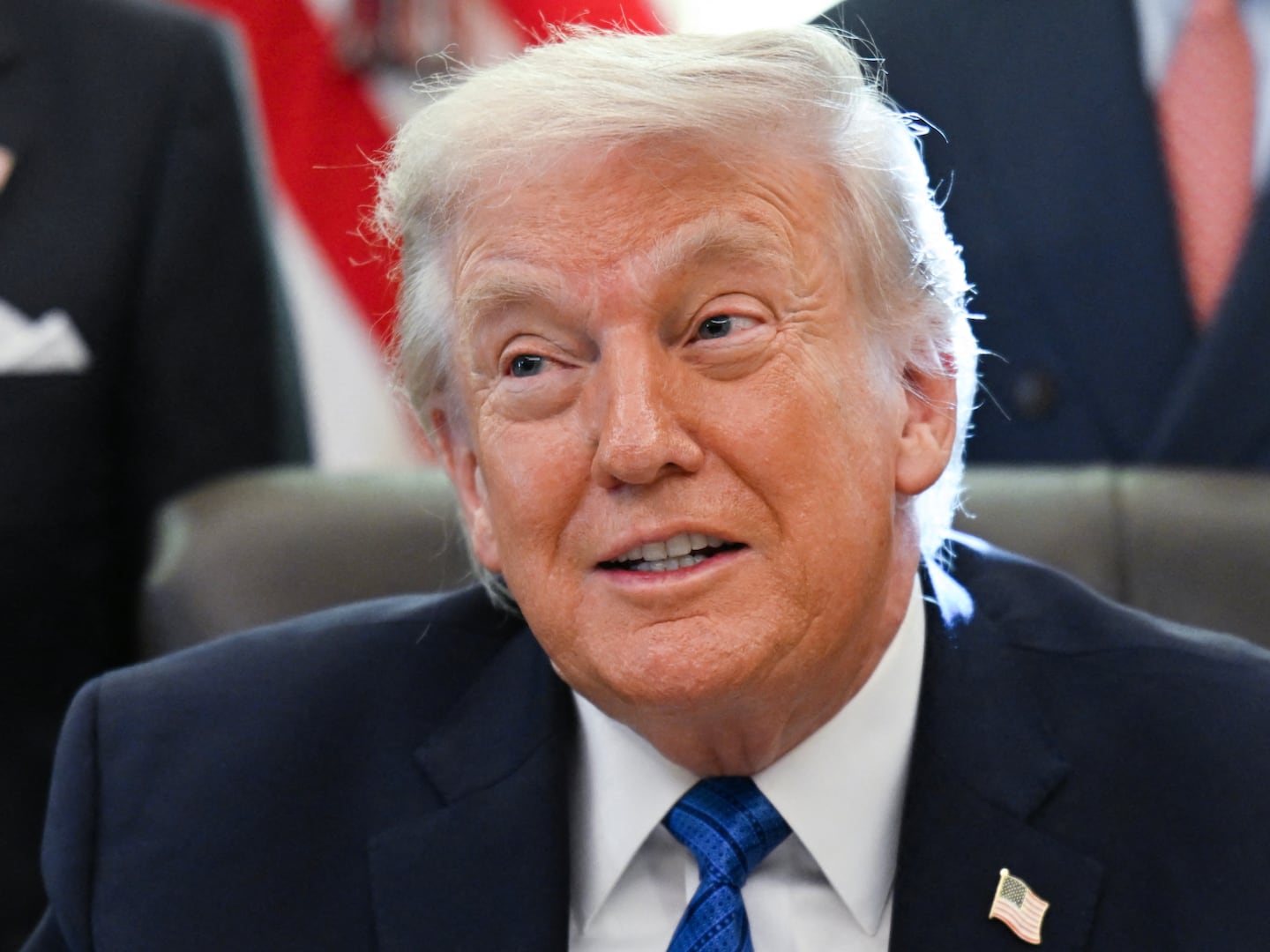Ben Carson admitted he has a lot to learn about foreign policy during an interview with “PBS Newshour” on Tuesday night.
“We have something called continuing medical education,” Carson said, using this as his defense. “I think that applies to everything in our lives.”
Carson was responding to a question about his business manager Armstrong Williams, who stated in an earlier interview that Carson was “still on a learning curve” when it comes to foreign policy.
This morning, The New York Times published a story quoting Duane R. Clarridge, a former CIA agent and “top adviser to Mr. Carson on terrorism and national security,” who told The Times that “nobody has been able to sit down with him and have him get one iota of intelligent information about the Middle East.” Clarridge added that Carson required weekly foreign policy briefings so “we can make him smart.”
Clarridge was provided as a source to The New York Times by Armstrong Williams himself.
Yet Carson’s campaign claimed that the Times took advantage of “an elderly man,” in reporting Clarridge’s quotes on Carson’s apparent foreign policy ineptitude—and even went so far as to distance themselves from Clarridge altogether.
“Either the NYT or Mr. Clarridge overstated his involvement I don’t know which,” campaign manager Barry Bennett told The Daily Beast in an email. “Mr. Clarridge has no knowledge of who or when Dr. Carson is briefed.”
Bennett did not respond when asked what the implication was in referring to Clarridge as “an elderly gentleman.”
Williams similarly downplayed the role that Clarridge, who is allegedly unpaid, has in Carson’s campaign, saying they’ve met in person a couple of times and that Carson speaks to another 13-14 advisers.
Carson later told “PBS Newshour” that Clarridge couldn’t even be accurately described as his adviser.
“He’s not my adviser,” Carson said. “He’s a person who has come in on a couple of our sessions to offer his opinions on what is going on.”
A great deal of skepticism directed at Carson’s foreign-policy credentials stems from a calamitous interview he did with “Fox News Sunday” this past week. During the segment, he was unable to answer a question about which ally the United States would contact first to form a military coalition against ISIS.
Carson is now claiming that he didn’t answer it because he didn’t like the question.
“I wasn’t interested in answering that question,” Carson said on PBS. He claimed that if he cited the name of an individual country—say Egypt or Israel—that critics would question why he hadn’t named another country.
“We have to have a broad plan,” Carson said. “A coalition that brings in all of our friends. “What I sort of object to are these soundbyte answers that people can pull apart.”






